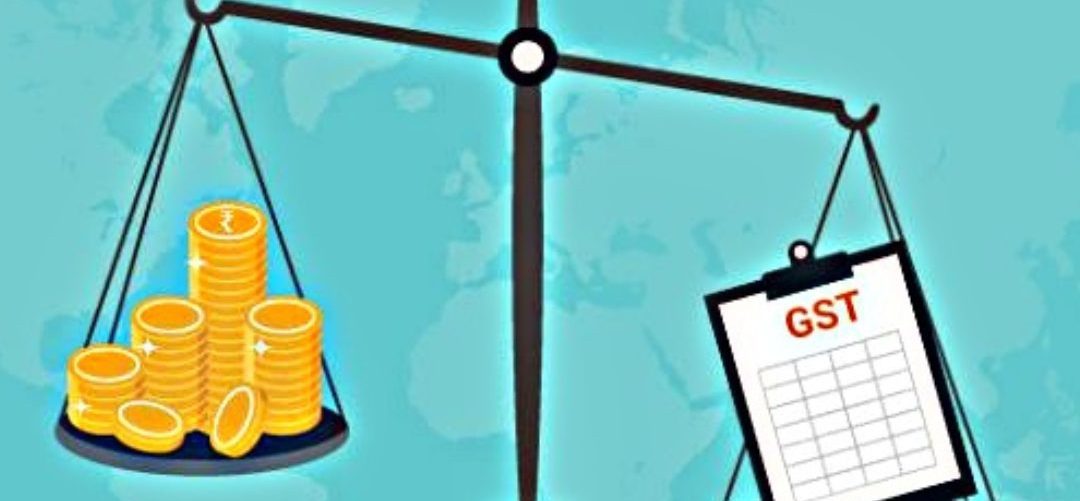Consumers may have to pay more starting July 18 as the Goods and Services Tax (GST) Council approved rate increases to remedy inverted duty structures and the withdrawal of several exemptions.
Nirmala Sitharaman, Finance Minister, stated that any rise in GST rates is designed to compensate for “inefficiencies” in the value chain.
The minister stated that there was no resistance to rate adjustments from any state. “The Fitment Committee’s recommendations to the GST Council were fully evaluated, and more or less all of them were adopted,” she stated.
List of products that will become more expensive:
- Single packets of food such as cereals, beans, and flour weighing up to 25 kg will be regarded as ‘prepackaged and marked,’ and will be subject to a 5% GST. Curd, lassi, and puffed rice would also be subject to 5% GST when pre-packaged and labeled.
- Printing, writing, or drawing ink, knives with cutting blades, paper knives, pencil sharpeners and blades, spoons, forks, ladles, skimmers, and cake servers will all be more expensive. These goods would now attract 18% rather than 12%.
- LED lights and solar water heaters will be taxed at 18%.
- Tetra Pak (or aseptic packaging paper) used to package liquid drinks or dairy goods will now be subject to 18% GST rather than 12%.
- Cut and polished diamonds will be taxed at 1.5 percent, up from 0.25 percent previously.
- Hotel charges of up to Rs 1,000 per day will now be taxed at a rate of 12%.
- Non-ICU hospital rooms with room rent above Rs 5,000 per day would be subject to a 5% GST.
- The Goods and Services Tax (GST) will be 18% on bank cheque books/loose leaf checks and 12% on maps, atlases, and globes.
- Machines for cleaning, sorting or grading seed and grain pulses, machinery used in the milling sector or for handling cereals, etc., ‘Pawan chakki’, or air-based atta chakki, wet grinder, increases from 5% to 18%.
- Machines for cleaning, sorting or grading eggs, fruit, or other agricultural goods, and their parts, as well as milking machines and dairy gear, will see rates rise from 12% to 18%.
- The tax exemption for training or coaching in leisure activities related to the arts, culture, or sports is limited to such services provided by a person.
- An exemption is being withdrawn for the following services: transportation by rail or a vessel of railway equipment and material, storage or warehousing of commodities attracting tax (nuts, spices, copra, jaggery, cotton, etc.), fumigation of agricultural produce in a warehouse, services by the RBI, IRDA, SEBI, and FSSAI, GSTN, renting of a residential dwelling to business entities (registered persons), and services provided by cord blood banks for preservation.
- The tax on products and persons transported by ropeways will be reduced from 18 percent to 5%.
- Renting a truck/goods carriage with gasoline included will be less expensive since the tax will be decreased to 12% instead of 18%.
- GST rates on medical products such as ostomy and orthopedic appliances (splints and other fracture appliances, prosthetic portions of the body, other appliances worn or carried or implanted in the body to compensate for a defect or impairment, and intraocular lens) have been reduced from 12% to 5%.

